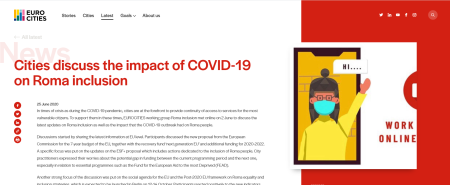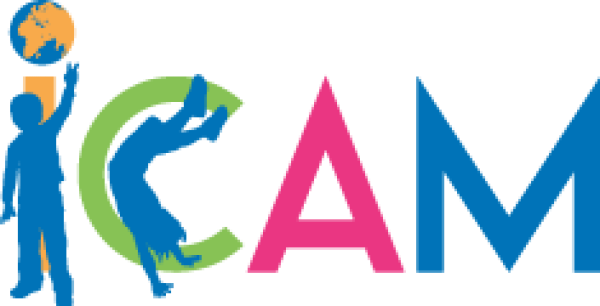
Balkan Insight reported that a lot of Roma pupils in Croatia end up studying in special classrooms with simplified, customized programs and this fact has an impact on their whole life. This stigmatization is shown on the example of a young Roma man from Međimurje County (Northern Croatia) who was transferred from regular school to a special one. As he did not speak well Croatian because they were speaking at home and in the kindergarten in Romani, he could not understand the material. The problem in countries that classify students in schools on the basis of intelligence and ability tests, they usually ignore the linguistic and cultural differences of Roma children, so these children are unnaturally high represented among students at special schools, where students from several generations are often merged into one class. That also means that other pupils look at these students as they were different.
Of 314 284 pupils attending primary school in Croatia in 2020, 3 662 are judged as having developmental difficulties and attend special programs in special classes, according to the Ministry of Science and Education. In the school year 2018/2019, in Međimurje County, of the total of 1 639 Roma children attending primary schools, 335 (20.4%) had to attend an appropriate form of education. Unfortunately, it is easier to send them to such programs than do extra work additionally with them, what should be done as It is not a matter of their intellectual limitations but of limited knowledge, mainly of the Croatian language. The solution would be a two-year continuous kindergarten program which is needed for later school success of Roma children of lower social status whose mother tongue is not Croatian, and who are living in some kind of isolation.















